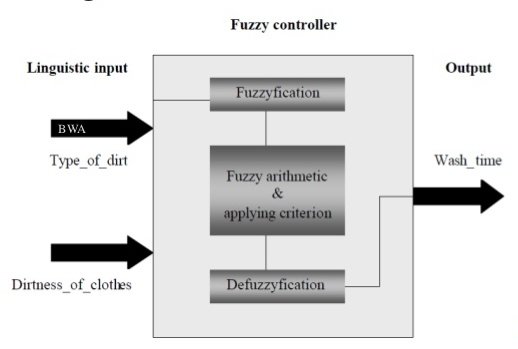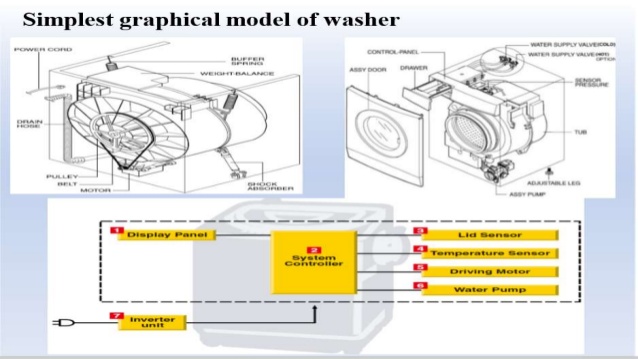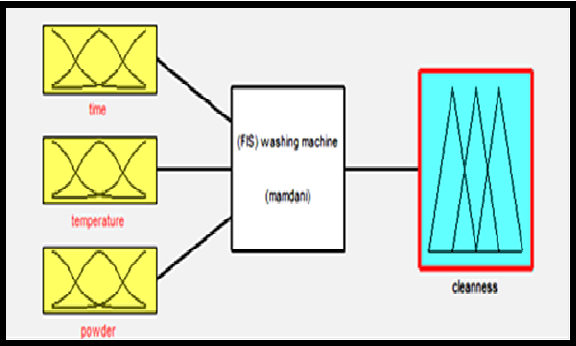Last Updated on September 27, 2024 by Rajendra Hiwale
Buying a washing machine is as adult a decision as adult decisions get. You know you’ve grown up when you buy your own washing machine. But then you have phrases like Fuzzy Logic flung at you, we’d forgive you for thinking it’s just some sort of marketing gibberish companies use. But Fuzzy Logic is an important consideration when you are buying a washing machine. Why? Because the washing machine you are spending considerable money on, uses this to operate.
So what is Fuzzy Logic?
Subscribe to Onsitego
Get the latest technology news, reviews, and opinions on tech products right into your inboxFuzzy logic washing machines are gaining popularity. These machines offer the advantages of performance, productivity, simplicity, and productivity. Fuzzy Logic is actually a mathematical concept. It is a mathematical system that is capable of analyzing analog input values and converting them into logical variables.
Put in simple terms, Fuzzy Logic, in the case of a washing machine, employs sensors to judge varying conditions inside the machine and adjusts its operation accordingly. So essentially, there are sensors in the washing machine that will control the entire washing process, performing operations according to varying water intake, wash time, rinse performance, and spin speed.
What are the factors considered?
No two Fuzzy Logic systems are alike, and brands typically vary the parameters sensed in the washing machine. But generally speaking, the following are usually the variables taken into consideration:
- The weight of the load
- The type of fabric
- The amount and temperature of the water
- The amount of detergent
- The dirt in the water or rinse needs
- The type and length of agitation needed
- The speed and duration of the spin cycle
How does it work really?
Like we have said, Fuzzy Logic is a system to optimise the performance of your washing machine depending upon variable parameters. What does this translate to in the real world? A machine with Fuzzy Logic will use sensors to determine the amount of soiling on your clothes.
This is done by optical sensors which test the transparency of water once the tub is filled. More grime or grease will reduce transparency of water. This helps the machine calculate saturation, which will in turn dictate how much detergent and water will be required for a clean wash. It will also determine the duration and direction of spin, and so on to give your clothes the most efficient and economical wash.
Neuro Fuzzy Control
There is an advanced concept at play in some washing machines: Neuro Fuzzy Control. This has better sensors, and also determines the fabric type of clothes in the load of laundry.
Then the washing is regulated according to the fabric, as well as other parameters. This makes your clothes last longer, and your washing machine function optimally while utilising the just required amount of resources.
What this means for you
Two things: clothes that last longer and better savings.
Because Fuzzy Logic uses a fair amount of optimisation based on variables, your clothes are being tumbled and spun as per the most suitable settings. This means your clothes are subjected to less wear and tear.
What Brands offer Fuzzy Logic in India
Most top brands of washing machines in India offer fuzzy logic as a wash program.
LG offers it along with Quick Wash and other wash modes. Likewise, Electrolux, Onida, Godrej, Samsung and Haier all offer Fuzzy Logic in their programs. Whirlpool does not market its washing machine as equipped with Fuzzy Logic, but uses its own patented 6th Sense Technology which has nearly the same functionality.
Does it Cost More?
Marginally, yes. The average washing machine with fuzzy logic starts typically around Rs. 15,000 before discounts. You will not pay much less than this amount if you are buying one without fuzzy logic.
While there is a higher initial outlay in buying a washing machine with Fuzzy Logic, it actually means better savings for you in the long run through the optimal use of water, detergents and power.







Discussion about this post